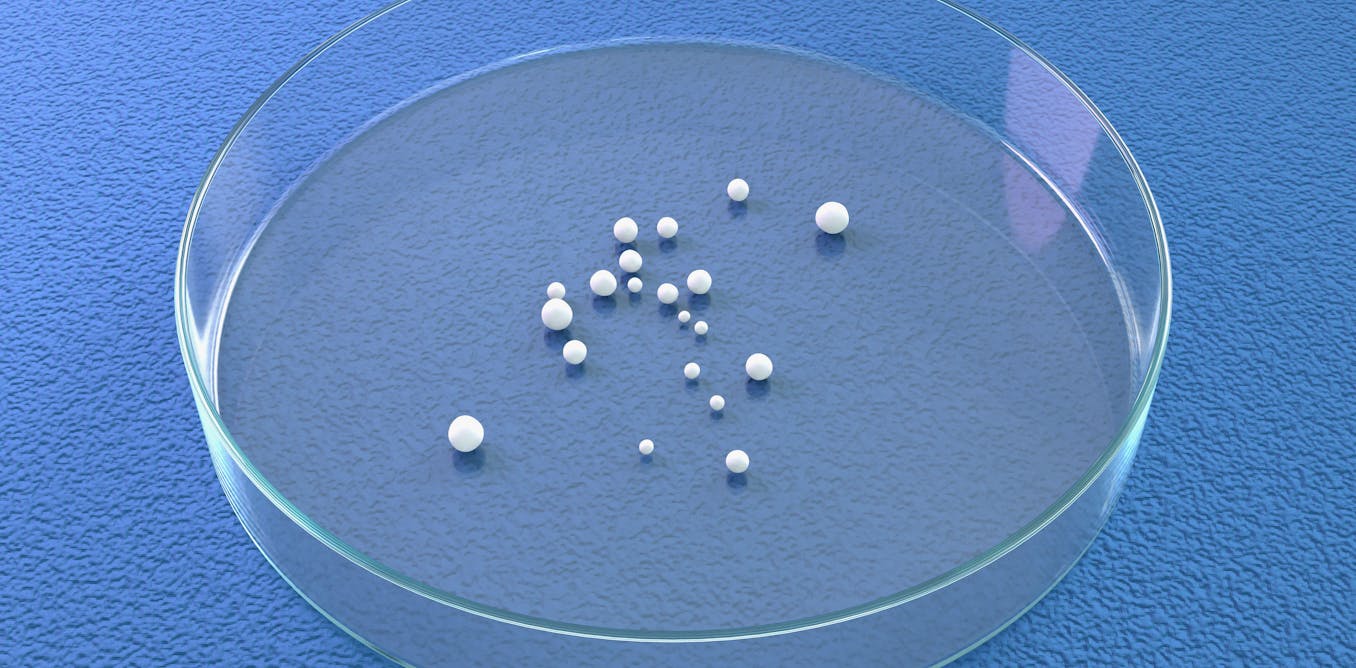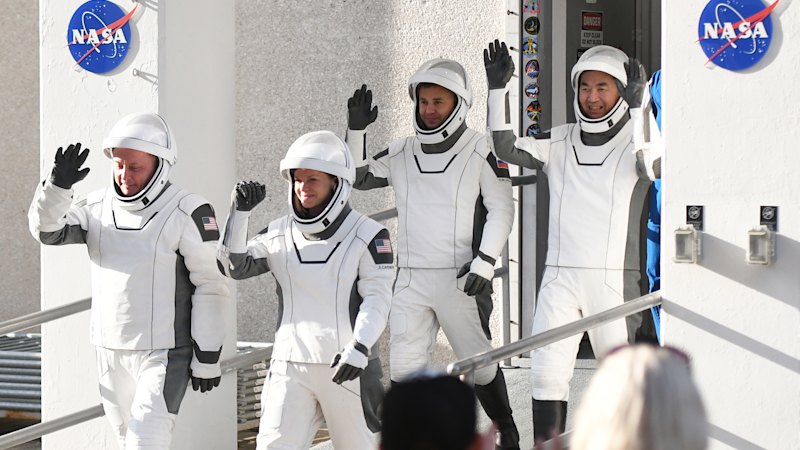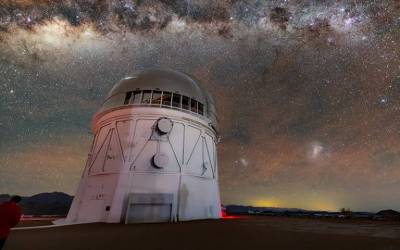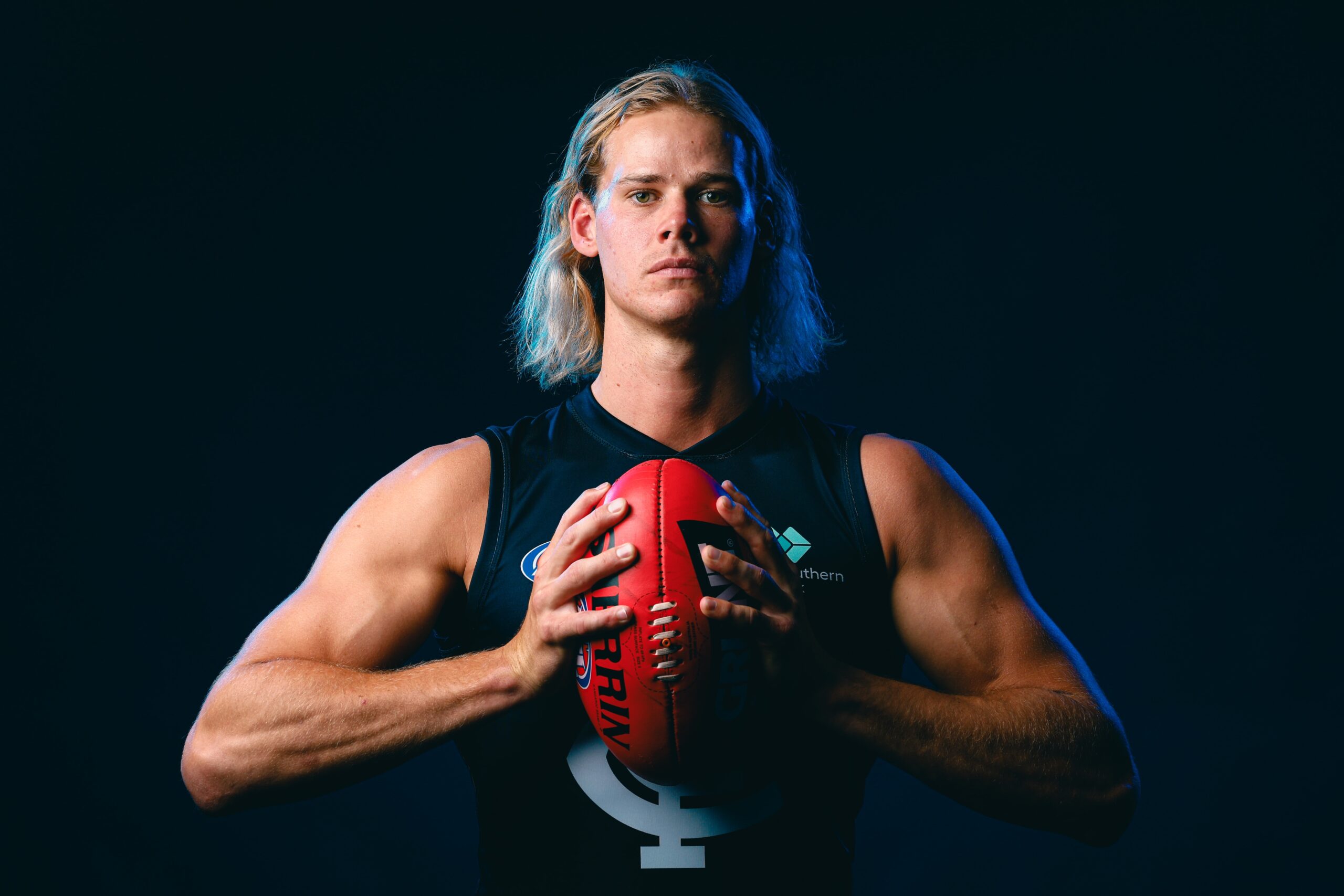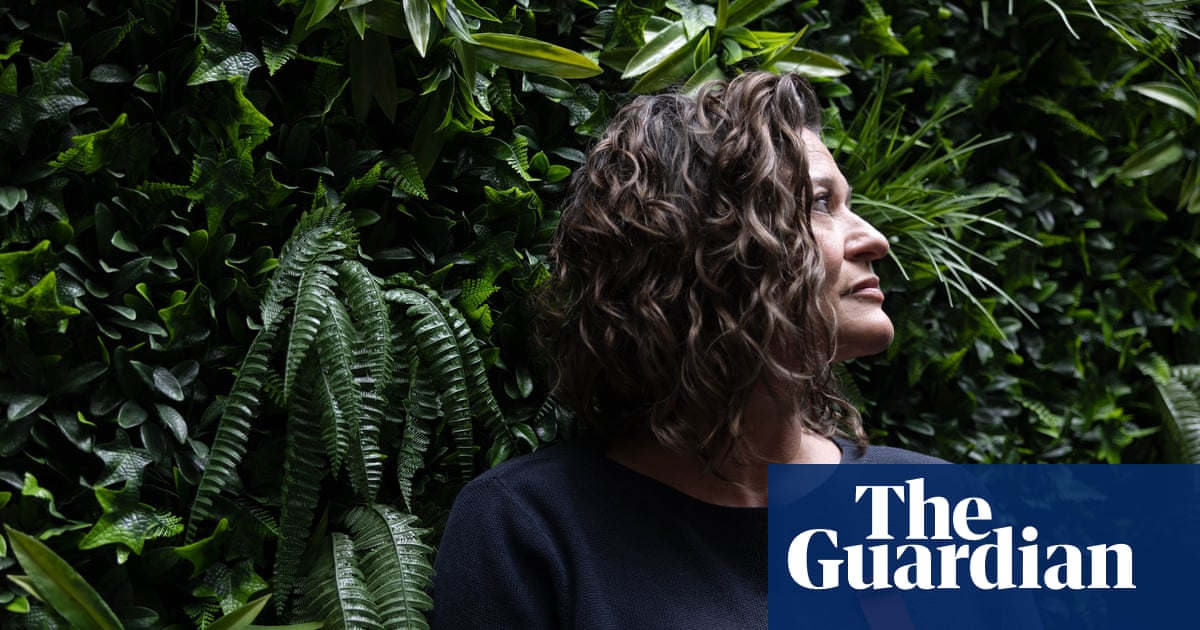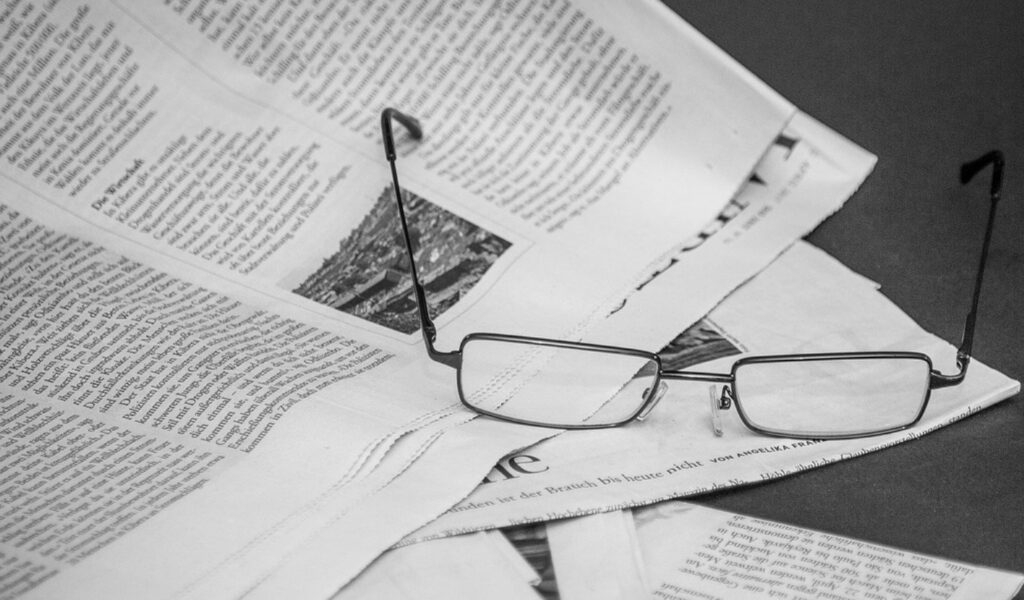
Eight Indigenous Australian university students have been selected to participate in a prestigious ten-week educational program at two of the world’s leading space and science research centers. This opportunity is part of Monash University’s National Indigenous Space Academy (NISA), supported by the Australian Space Agency and CSIRO. The students will travel to NASA’s Jet Propulsion Laboratory (NASA/JPL) in California and the UK Science and Technology Facilities Council’s (STFC) RAL Space.
Departing from Melbourne on September 4, six students will head to NASA/JPL, while two will be stationed at RAL Space. The program will allow them to work on cutting-edge space science projects, including the biological testing of UV-resistant space organisms, analyzing datasets from Jupiter’s atmosphere, and developing software within NASA’s Flight Software Framework.
Expanding Horizons: NISA’s Growth and Impact
Now in its third year, NISA has expanded its reach beyond NASA/JPL to include placements at RAL Space in the UK. This development highlights the program’s rapid growth and its commitment to providing First Nations students with international STEM career pathways. Professor Christopher Lawrence, NISA Lead and Associate Dean (Indigenous) at Monash University’s Faculty of Information Technology, emphasized the significance of this expansion.
“By partnering with RAL, NASA/JPL, the Australian Space Agency, and CSIRO, we are creating pathways for First Nations students to pursue international careers in STEM while bringing Indigenous knowledge and perspectives to the global stage,” Professor Lawrence said.
The program’s expansion aligns with the Australian Government’s National Science and Research Priorities, which include elevating Aboriginal and Torres Strait Islander knowledge. Enrico Palermo, Head of the Australian Space Agency, expressed pride in supporting NISA and its role in integrating important perspectives into the global space sector.
Meet the Pioneers: Students Heading to NASA/JPL and RAL Space
Heading to RAL Space
- Chloe Radoll, Anaiwan woman from Tamworth, studying at University of Technology Sydney
- Mitchell Cooper, Boandik man from Sydney, studying at the University of Sydney
Heading to NASA/JPL
- Anneliese Joy, Boandik woman from Sydney, studying at ANU
- Jackson Hillier, Tyerrernotepanner man from LaTrobe, Tasmania, studying at Griffith University
- Keira Moran, Yuin woman from La Perouse, Sydney, studying at UNSW
- Kirrin Maynard, Worimi man from Newcastle, studying at the University of Newcastle
- Madison Wright, Nyul Nyul woman from Broome, Western Australia, studying at ANU
- Matthew Lloyd, Tharawal man from Canberra, studying at ANU
Mitchell Cooper, a Boandik man and Bachelor of Mechatronic Engineering student at the University of Sydney, expressed his excitement about the opportunity to gain hands-on experience at a world-class research laboratory in the UK.
“As a proud Boandik man, I am excited to travel to the UK and gain hands-on experience at a world-class research laboratory. This is an opportunity I never imagined, and I hope my journey shows other young Indigenous people that there are no limits to what we can achieve in STEM, both in Australia and around the world,” Mr. Cooper said.
Building Bridges: International Collaboration and Future Prospects
Dr. Hugh Mortimer, Associate Director of the National Laboratories, UKRI Science and Technology Facilities Council, RAL, shared his enthusiasm for welcoming Chloe Radoll and Mitchell Cooper to the Laboratory.
“This is an exciting opportunity for students to work on inspirational projects with our RAL Space teams, from building and testing instrumentation and using world-class facilities, to analyzing Earth observation and planetary data,” Dr. Mortimer said.
The collaboration between the UK and Australia aims to pave the way for more Indigenous students to benefit from similar placements in the future. CSIRO Education and Outreach Executive Manager, Kym Dyball, highlighted the importance of developing a diverse and inclusive pipeline of STEM talent for Australia’s future.
Looking ahead, NISA plans to continue its partnerships with organizations across Australia and internationally to expand the program. The goal is to support Indigenous-led space start-ups and entrepreneurship while inspiring the next generation of First Nations scientists and engineers.
The NISA education program partnerships with NASA/JPL and RAL are supported by the Australian Space Agency, CSIRO, and the Andy Thomas Foundation. As the program grows, it aims to create more opportunities for Indigenous students to make significant contributions to the global space industry.
